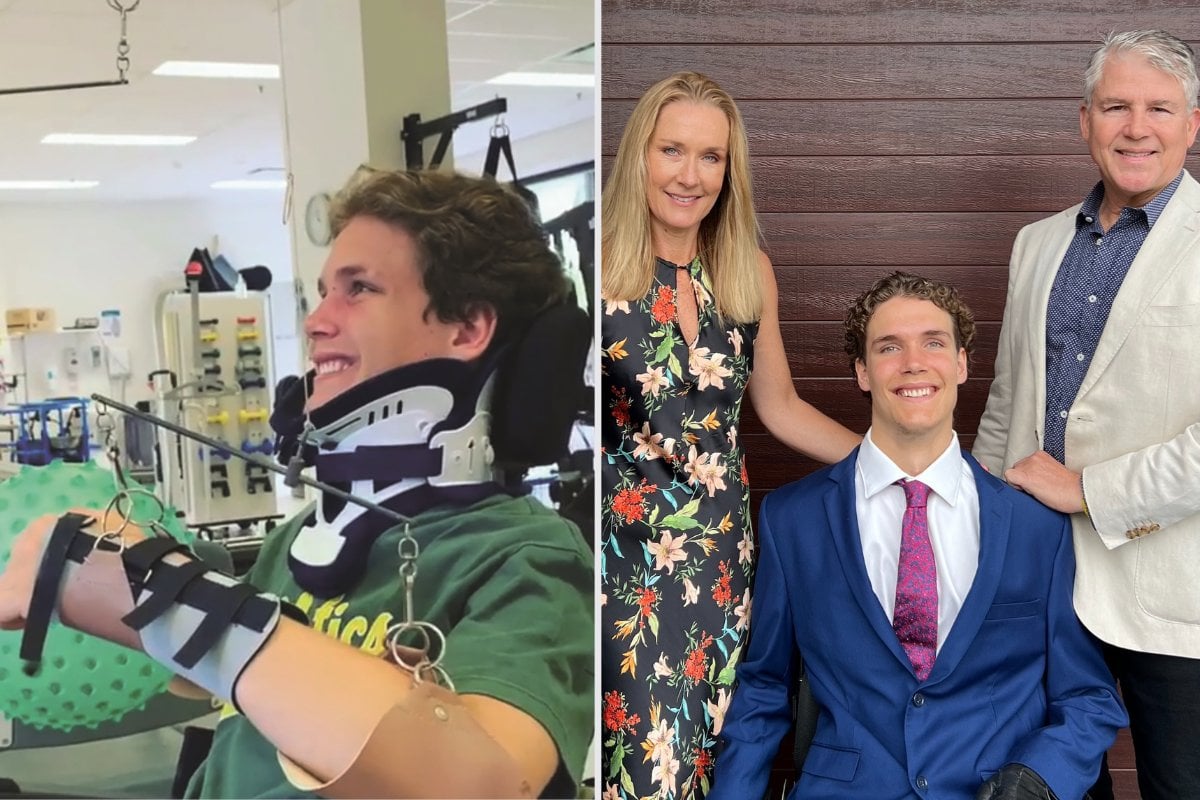
The following story is an edited extract from the book by Alex Noble titled: I Fight, You Fight, now available for purchase.
IN MUM'S WORDS.
It’s a cliché to say it’s the call no parent ever wants to receive, but there’s no other way to describe it. I still think about it a lot. I remember it so well. It was the day my family’s life changed forever. The night before was a Saturday night, and I had been at my thirty-year high school reunion. I remember that so well, too. School reunions are always so interesting.
Catching up with old friends, and noticing how much everyone had changed without really changing at all. There were air kisses and lots of ‘the boys are doing great!’ conversations frozen in time. But less than twenty-four hours later, those words would have been grossly inaccurate. Thinking back on it now, it was almost like the universe was giving me a chance to acknowledge how good a life I was living in front of all my old peers – an encore of sorts. The next morning, I was standing in the kitchen of our beloved family home in Gladesville.
We had moved in when I was pregnant with Benji, our third son, and fourteen years’ worth of precious memories with a bustling family full of energetic boys had been created right there in that kitchen. I was standing by our breakfast bench, my hands busied by dishes and wiping when the phone rang.
Watch: Vanessa Cranfield on parenting a child with a disability. Post continues after video.

